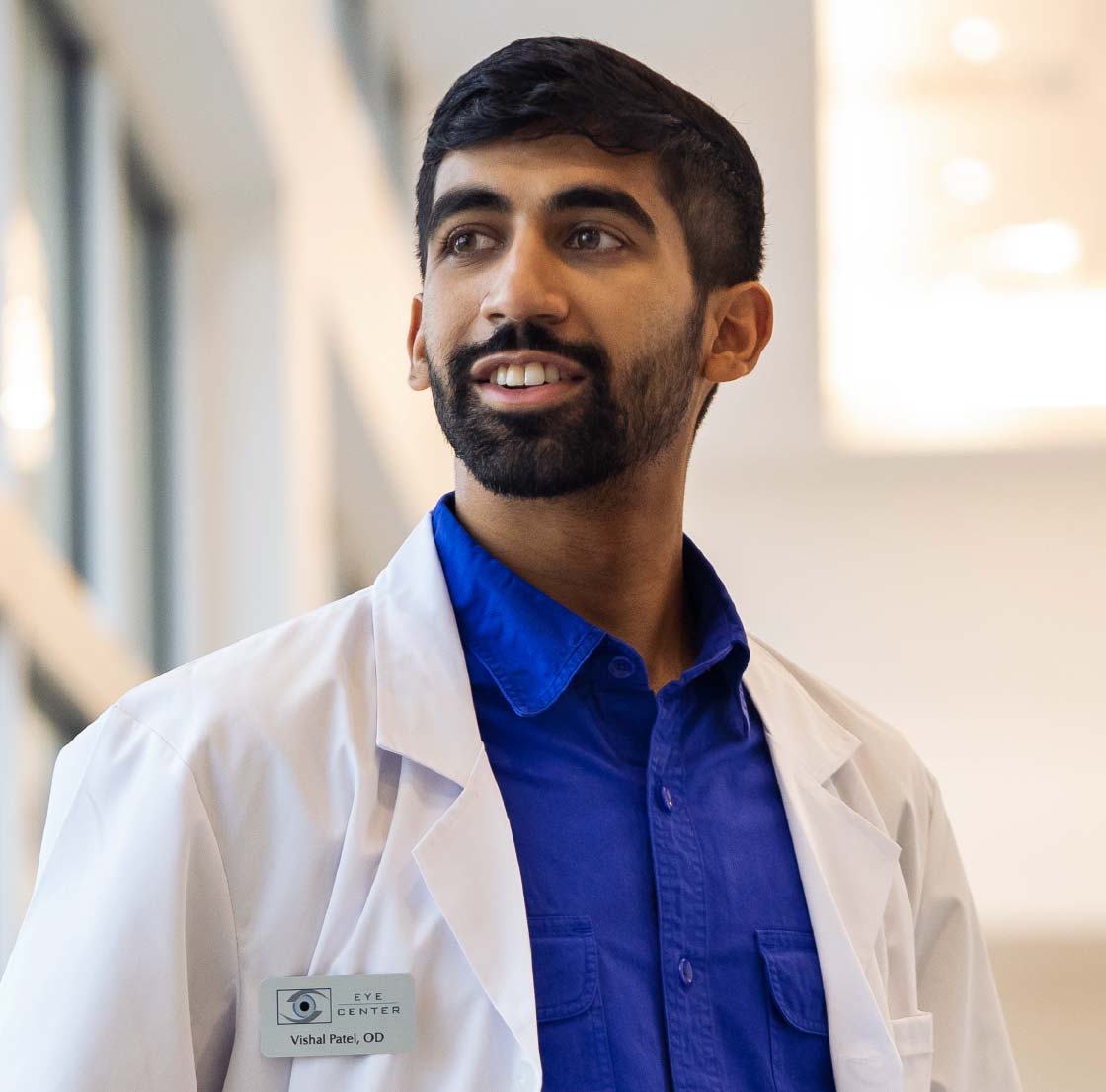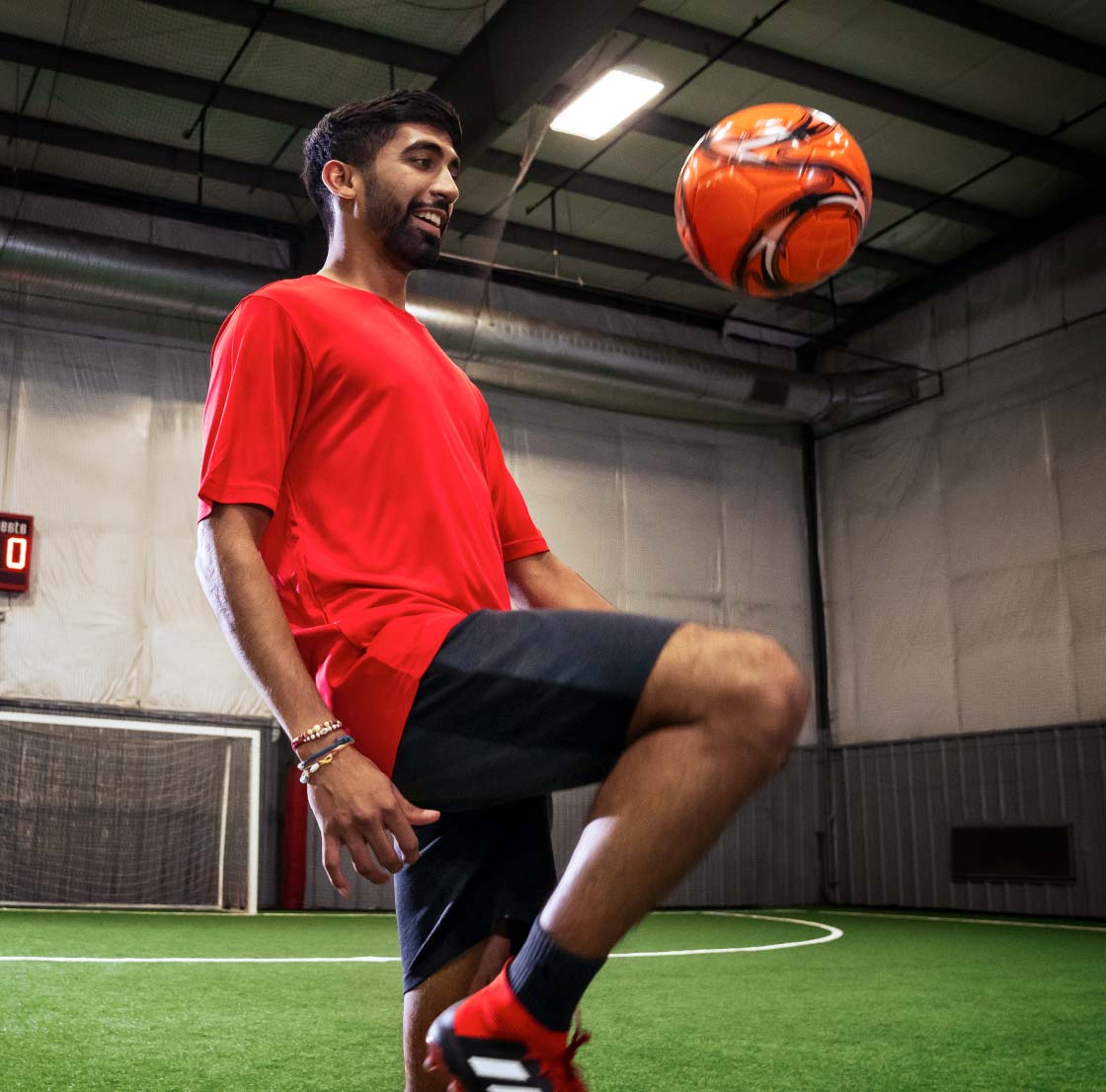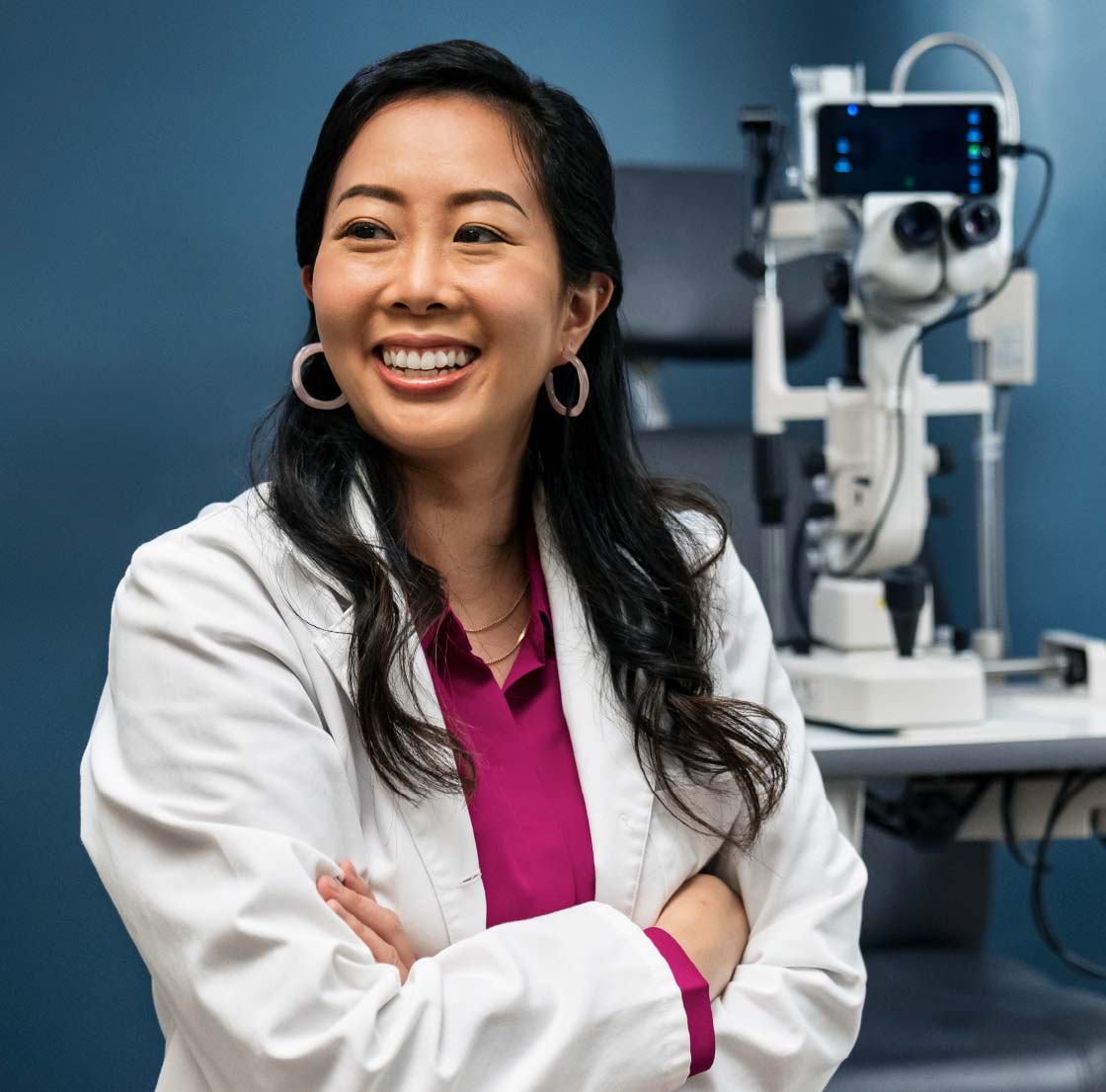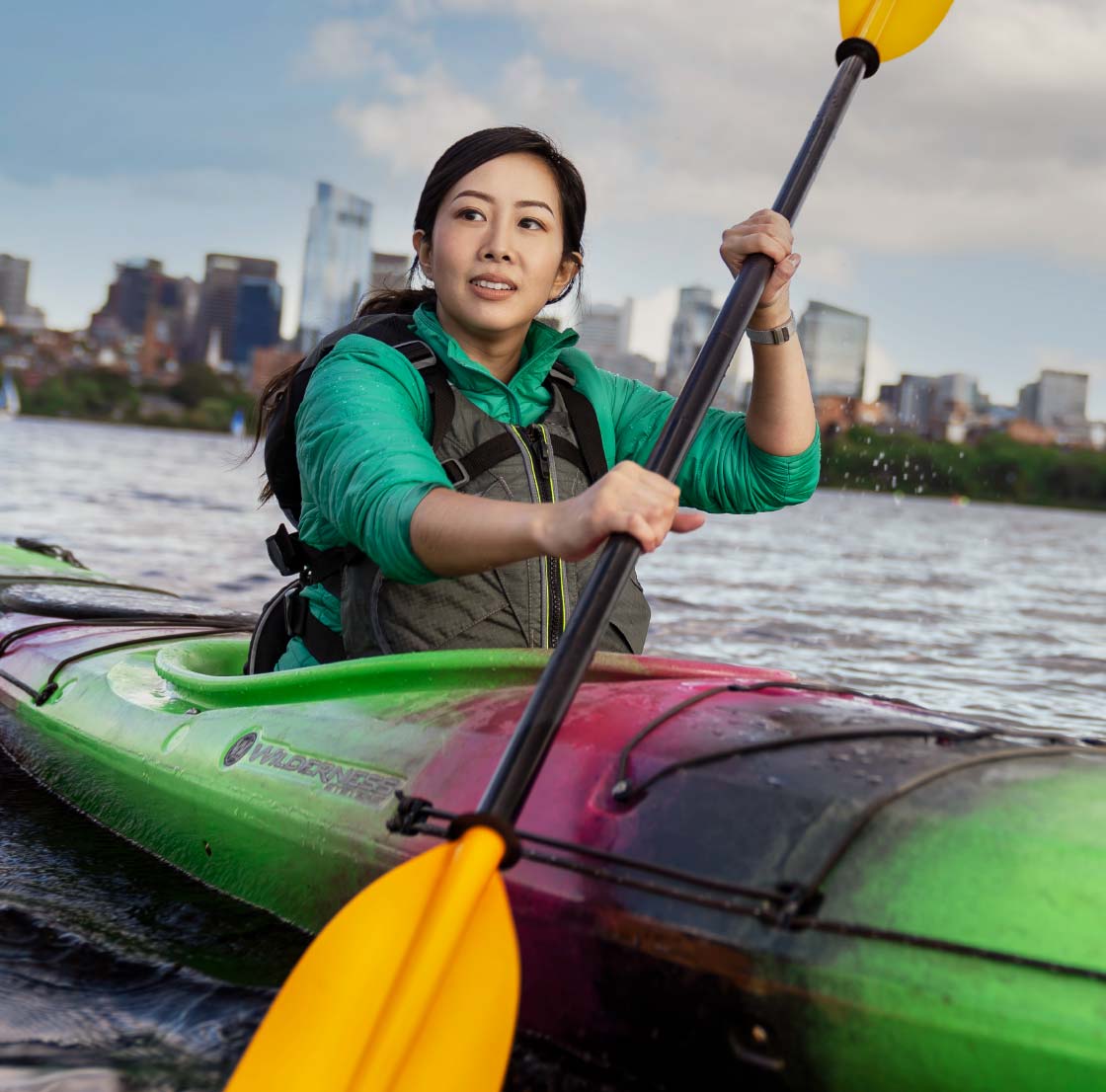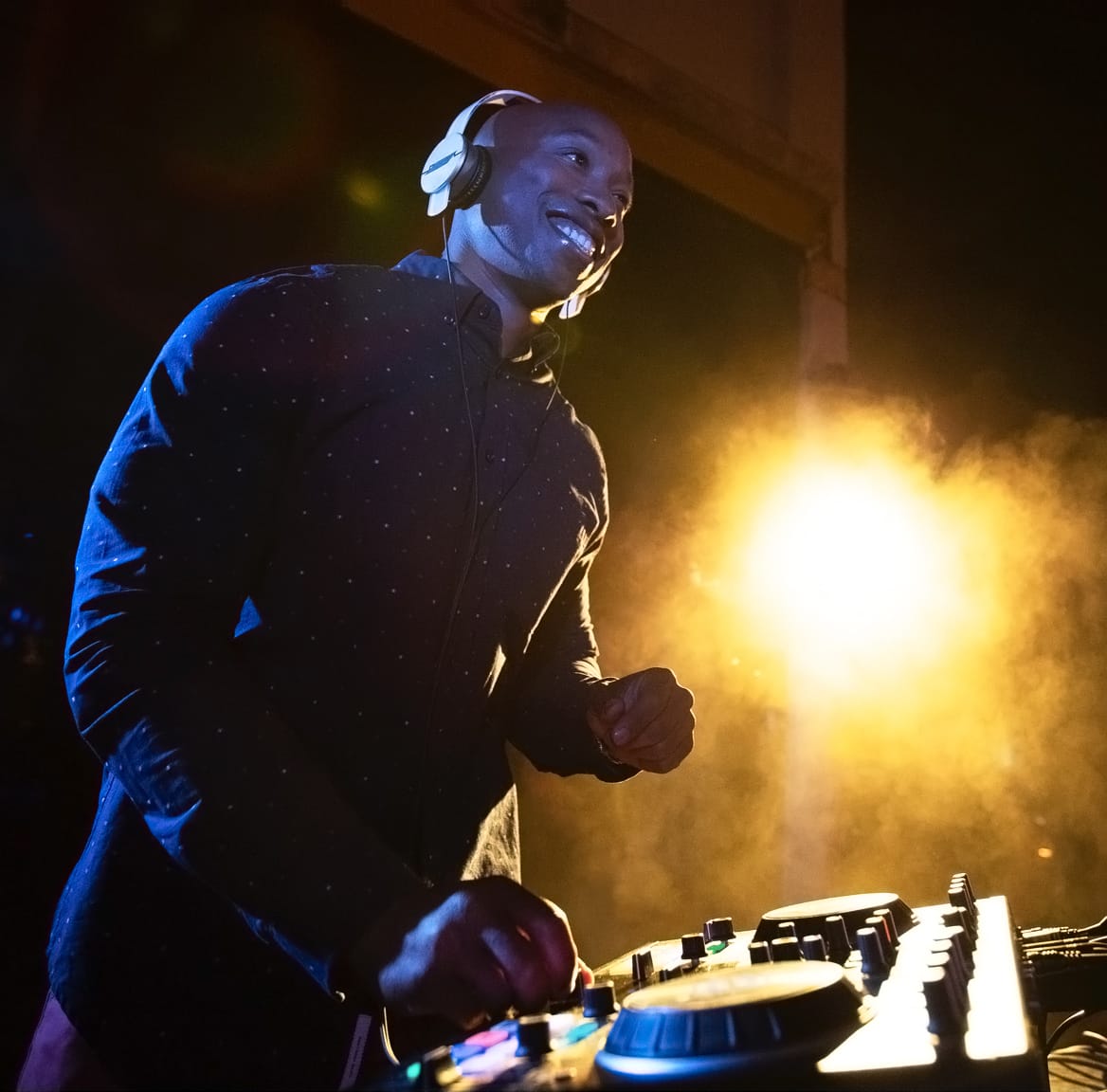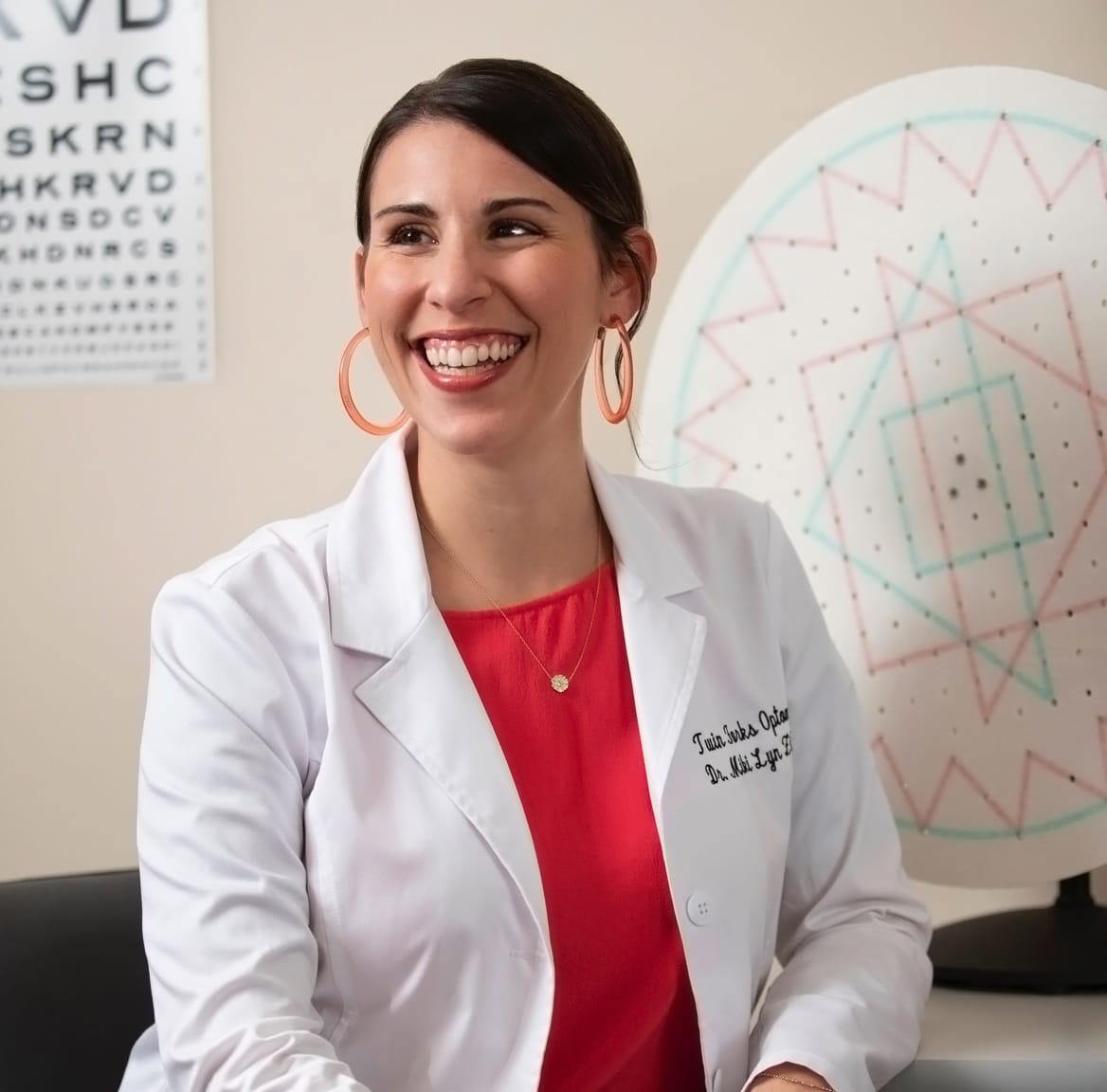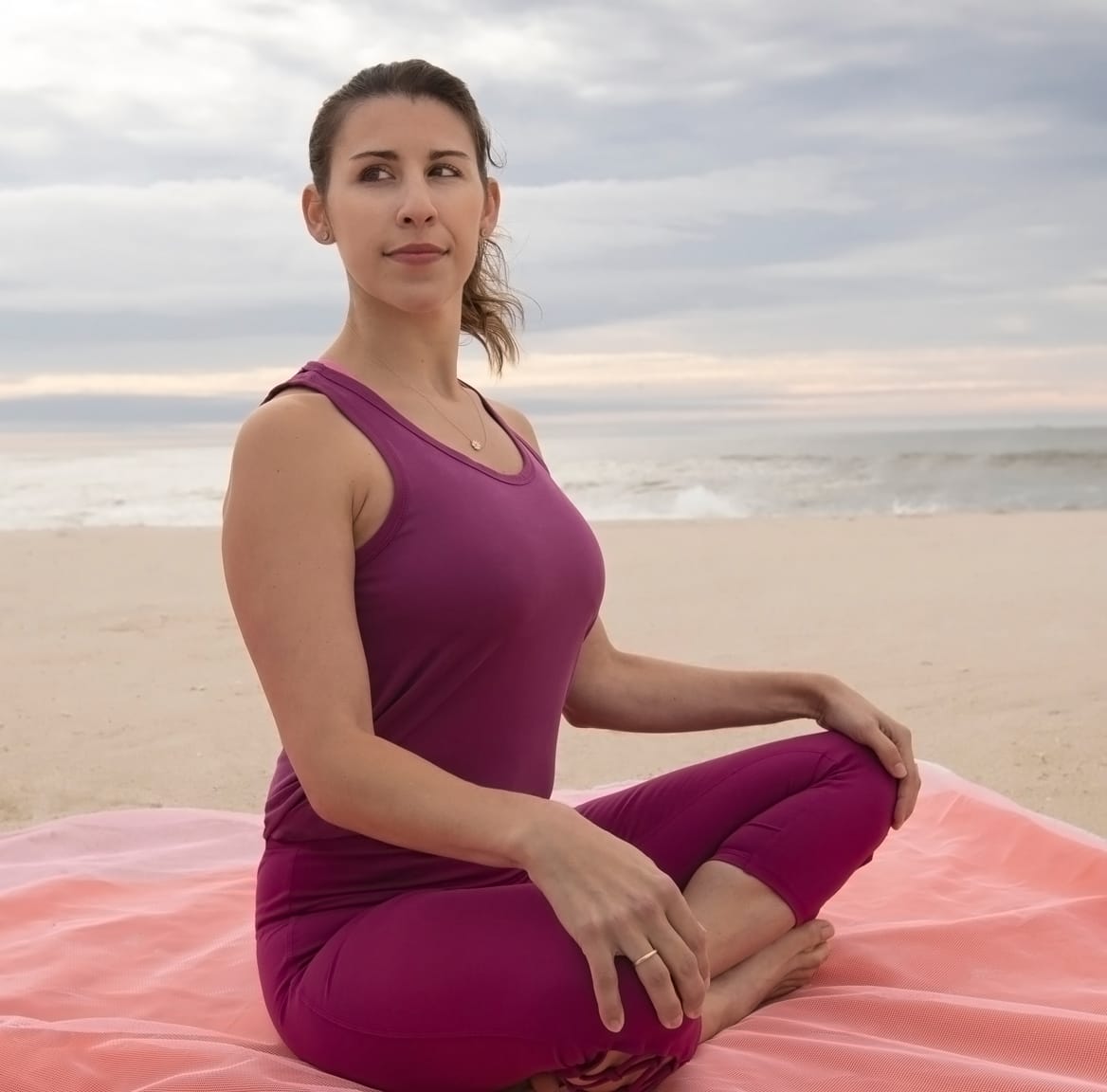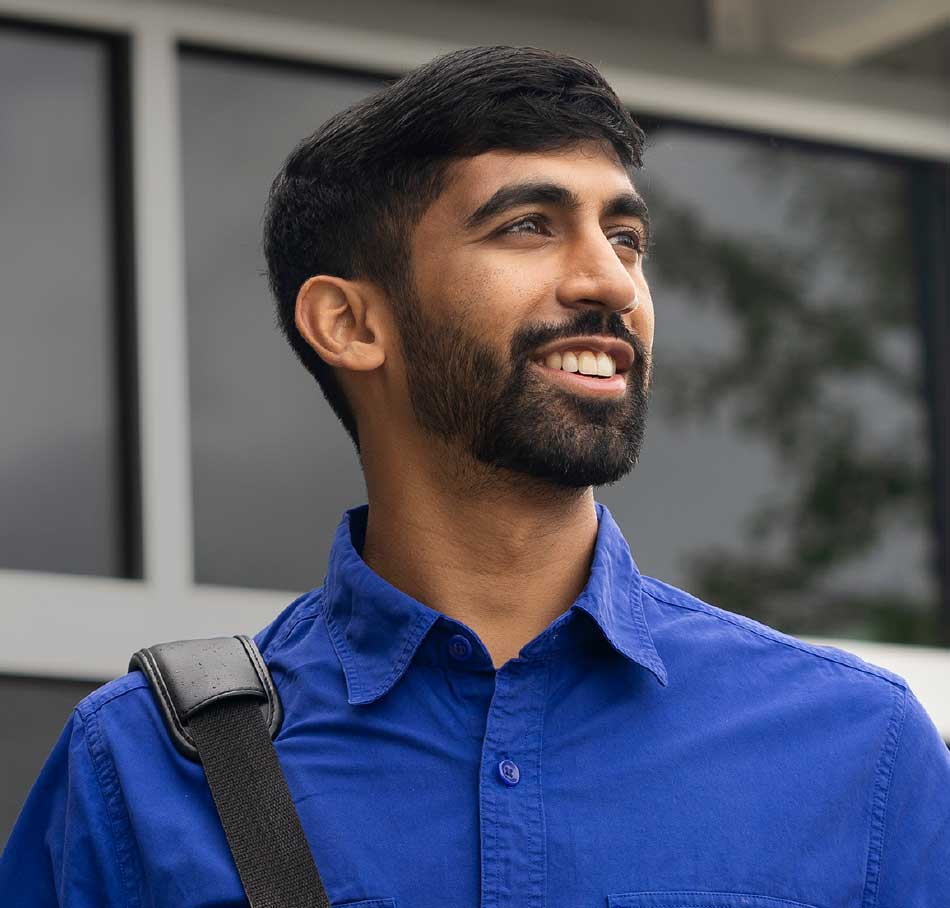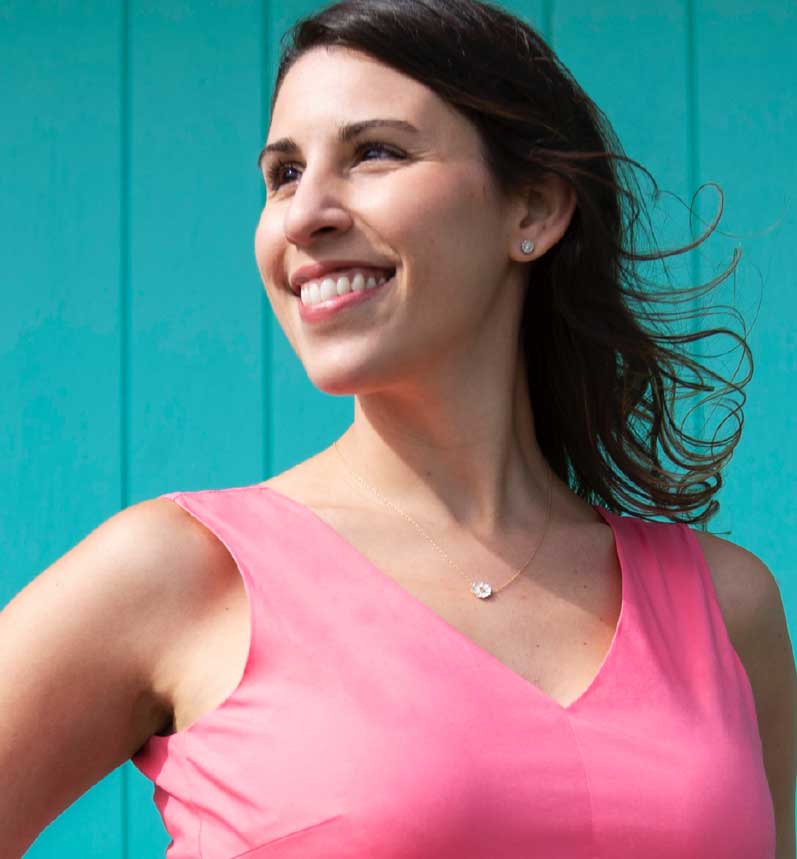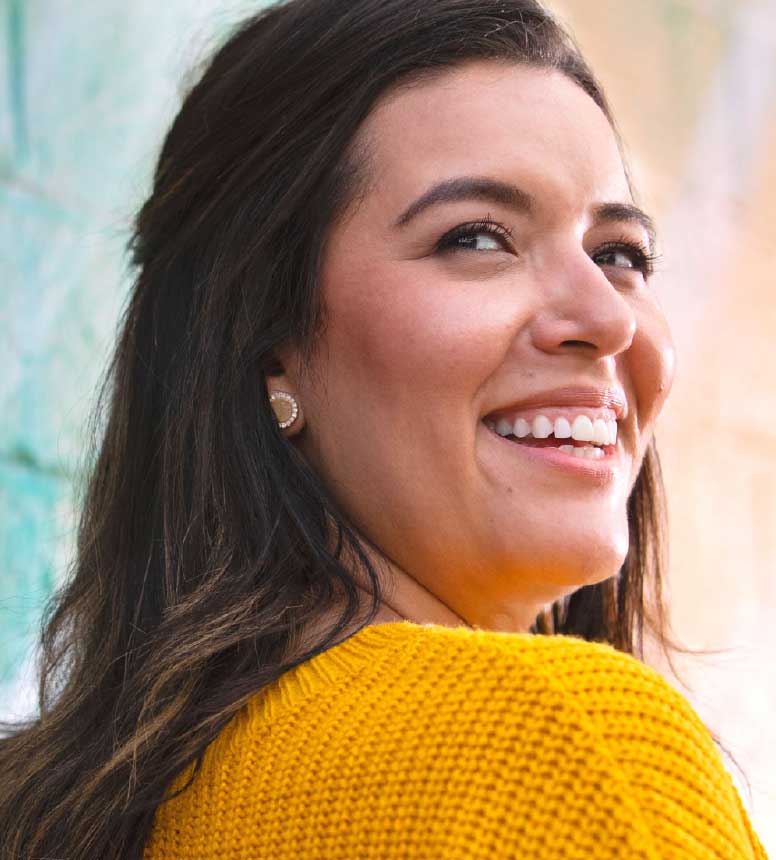Career Comparison
Optometry
- Private practice
- Hospital
- Research
- Academia
- Industry
- VA
- Military
- Retail practice
Osteopathic Medicine
- Private practice
- Hospital
- Research
- Academia
- Industry
- VA
- Public health
- Political advocacy
Allopathic Medicine
- Private practice
- Hospital
- Research
- Academia
- Industry
- VA
- Public health
- Political advocacy
Dentistry
- Private practice
- Academia
- VA
- Military
- Partnership practice
- Public health
Pharmacy
- Academia
- Retail pharmacy
- Hospital pharmacy
- Medical distribution
- Ambulatory care
- Specialty
Podiatry
- Academia
- VA
- Surgery
- Orthopedics
- Public health
- Sports medicine
Physician’s Assistant
- Hospitals
- Clinics
- Doctors' offices
- Surgery
- Specialty
